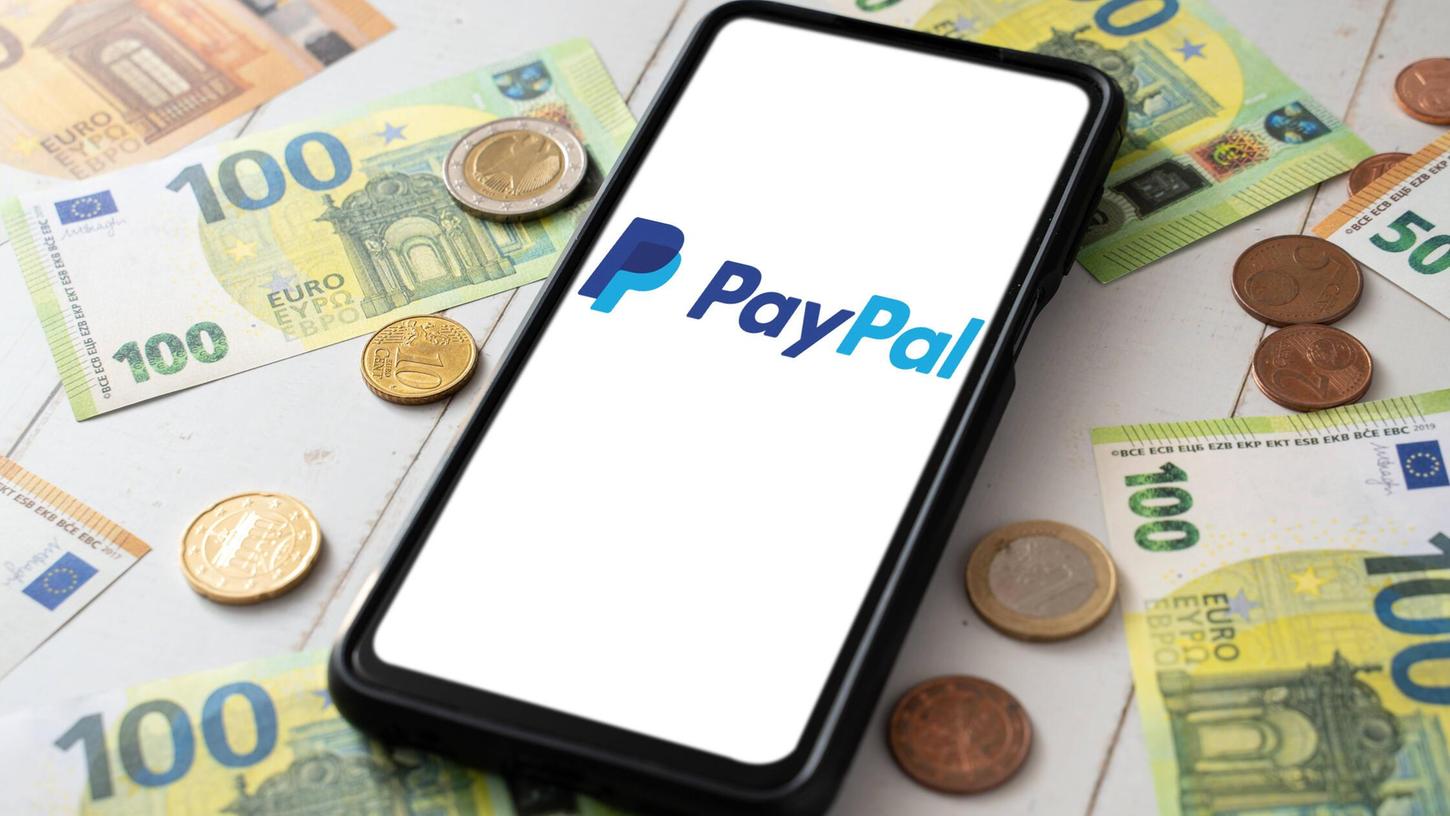The recent wave of unauthorized direct debits linked to PayPal accounts has caused serious disruption across several European banks, highlighting the vulnerabilities within digital payment systems. Financial institutions were forced to block transactions worth billions of euros after suspicious activity overwhelmed their networks. This event has sparked growing concerns about the stability of online payments and the safeguards meant to protect both consumers and banks from large-scale fraud.
Impact on European Financial Institutions
European banks faced an unprecedented challenge when fraudulent transactions bypassed the usual security filters. This led to a surge of unauthorized debits that disrupted normal banking operations and raised alarm among regulators. The scale of the issue underscores the importance of stronger cybersecurity measures and closer collaboration between fintech companies and traditional banks. Financial experts emphasize that incidents like this could undermine trust in digital payments if not addressed quickly and effectively. For an overview of how European institutions are strengthening their defenses, the European Central Bank provides detailed guidance on payment security.
How the Fraud Exploited Weaknesses in Payment Systems
The incident has shed light on how fraudulent actors exploit loopholes in automated payment systems. Criminals frequently use phishing schemes, fake direct debits, and stolen personal data to initiate transactions without the account holder’s knowledge. Once these payments are processed, banks are left to deal with the fallout, often at enormous financial cost. Security specialists argue that new technologies like artificial intelligence and machine learning could help detect suspicious patterns earlier. Companies like PayPal Security Center are under pressure to innovate and strengthen their fraud detection systems to prevent future disruptions.
Consumer Protection and Digital Trust
Beyond the immediate financial impact, consumers are increasingly worried about the safety of their personal and banking data. Unauthorized payments not only cause monetary losses but also erode confidence in digital platforms that are central to modern commerce. Customers expect stronger guarantees that their accounts are safe from fraud, and banks are now investing heavily in advanced cybersecurity measures. Resources such as Europol’s Cybercrime Division highlight the scale of online financial crimes and the importance of coordinated international action. Consumers can also benefit from learning best practices for safe online transactions through platforms like European Consumer Centre.
The PayPal fraud incident has served as a wake-up call for Europe’s financial sector. With billions at stake and consumer trust on the line, both payment providers and banks must work together to strengthen protections and ensure that digital transactions remain secure in an increasingly complex online landscape.







